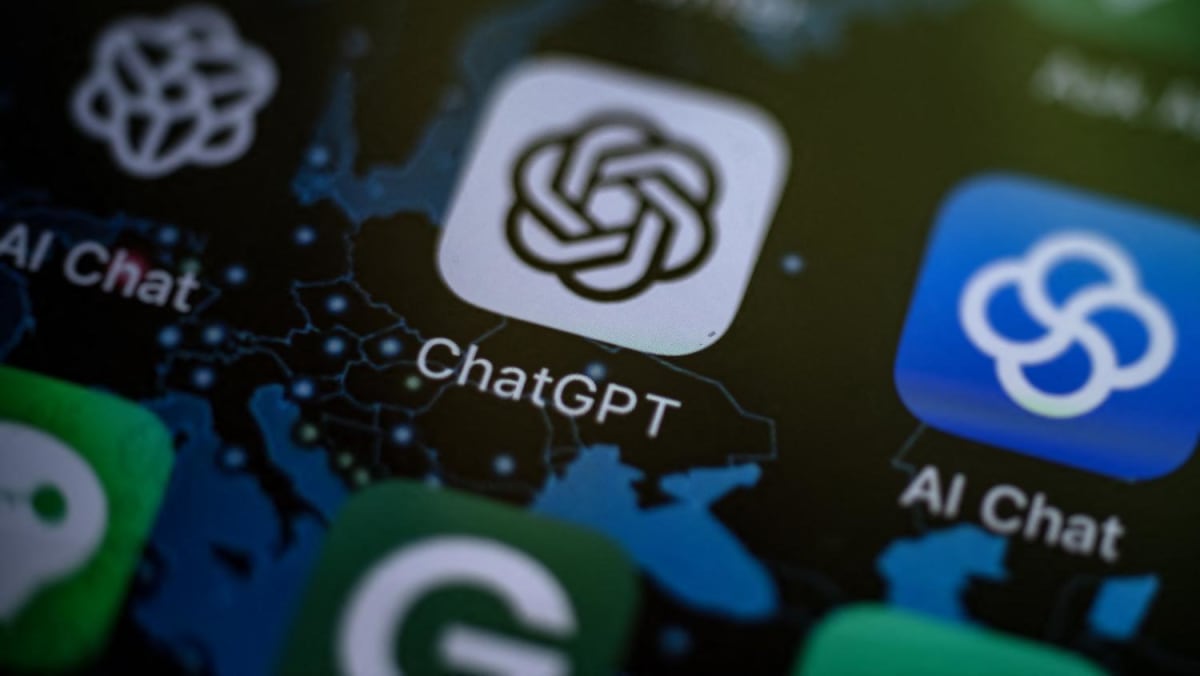
Looi Chee Kit
By
Wong Lung Hsiang
Such creative ways of prompting ChatGPT do provide a limited sense of personalised learning. In this aspect, ChatGPT is like a musical instrument, such as a versatile piano.
As users, we are the skilled musicians who explore the instrument’s capabilities by playing different melodies, experimenting with chords, and pushing the boundaries of its sound.
By providing creative prompts and interacting with ChatGPT, we can compose unique and harmonious conversations, just as a musician creates beautiful music using the full range of the piano’s keys.
DEEPER LEVEL OF PERSONALISATION
Currently, there is a limit on how much you can draw out of ChatGPT, in its current state, to personalise learning.
We assert that real personalised learning involves a deep understanding of a learner’s strengths, weaknesses, and knowledge gaps.
Think of our past teachers who were able to provide us with truly personalised learning experiences. They can build on previous lessons, track our progress, and adjust their teaching methods based on the students’ unique learning difficulties and pace.
Generative AI tools like ChatGPT provide the semblance that it can emulate some of these ways of personalising learning but their inability to retain information across multiple conversations is a significant drawback.
Users expect ChatGPT to remember their past interactions when they resume a conversation or session.
That’s true, but ChatGPT is unable to learn from its past responses or accumulate knowledge from earlier completed or other conversations with the same user. This absence of continuity hampers the pursuit of achieving truly personalised learning.
The holy grail of education technology especially with the help of AI has been to support personalised learning at scale.
Generative tools like ChatGPT have come onto the scene, but with the current limitations of generative AI, we need to continue striving for advancements that will better support true personalised learning.
In a recent Instagram post, Minister for Education Chan Chun Sing emphasised the potential of AI as boost potions for teachers and students.
One notable example is the use of ShortAnsFA, an AI-powered tool that expedites the feedback process for teachers by generating initial drafts of grades and comments, which can then be customised and expanded upon.
By utilising such AI tools, teachers can enhance their work and provide a more elevated level of personalised learning support to their students.
In this collaborative partnership with AI, teachers can also leverage their expertise to curate a diverse array of educational experiences, as not all these experiences need to be dependent on AI tools.
ABOUT THE AUTHORS:
Looi Chee Kit is Emeritus Professor of Education at the National Institute of Education (NIE), Nanyang Technological University, and Chair Professor of the Education University of Hong Kong. Wong Lung Hsiang is Senior Education Research Scientist at the Centre of Research in Practice and Pedagogy, NIE.